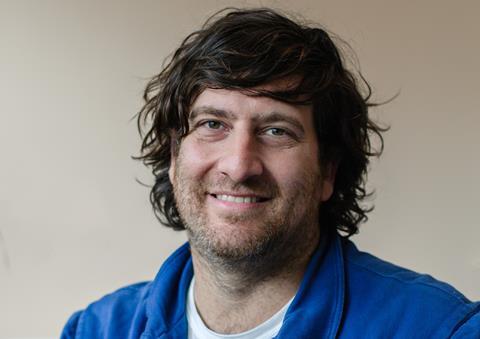Thomas Benski’s Lumina has bases in the US and Europe
Former Pulse Films chief executive Thomas Benski has launched an international media group called Lumina, based in London, New York, Paris and Los Angeles.
Lumina says it is backed to the tune of ‘mid-eight figures’ via a first funding round from investors including Magnus Rausing’s BFK, Charles Dorfman’s Dorfman Media Holdings and SVS Holdings.

It describes itself as a “well-capitalised talent and IP-led media group and venture firm uniquely built to support and grow companies.”
Lumina has already partnered with Omar Sy and Louis Leterrier’s Carrousel Studios led by CEO Cecile Gaget, and Top Boy director Yann Demange’s Wayward Films.
Lumina has also launched Magna Studios, led by former Pulse Films executives Marisa Clifford and Davud Karbassioun, which has projects in production across branded, documentaries and scripted.
It has also backed gaming studio Creators Corp as well as kids IP business Strike. It has invested in consumer brands like Metier and DAACI.
Lumina is organised across four verticals - talent driven studios, production, kids & family, and consumer, and says it can self-finance film and TV projects.
Benski left Pulse in 2021 after selling the company to Vice Films. Pulse credits include Sky and AMC’s Gangs of London, Apple’s Beastie Boys Story and feature film Pig.
Lumina says it will be profitable in its first year of operations, delivering over $55 million in revenue across the group and that it has started producing its first IP and longform projects which will deliver early next year and be announced shortly.
Benski said: “With content at the heart of everything today, I strongly believe talent, brands and IP are the multipliers. Our thesis is that there is a big opportunity to decouple the IP creation process by building studios and production companies around major talent. This will help them own more of their work and build long lasting companies that remove unnecessary and expensive layers in the process of creating IP. With capital and strategic input we believe in the decentralized United Artist model for today.”
- A version of this story first appeared on our sister publication Screen







No comments yet